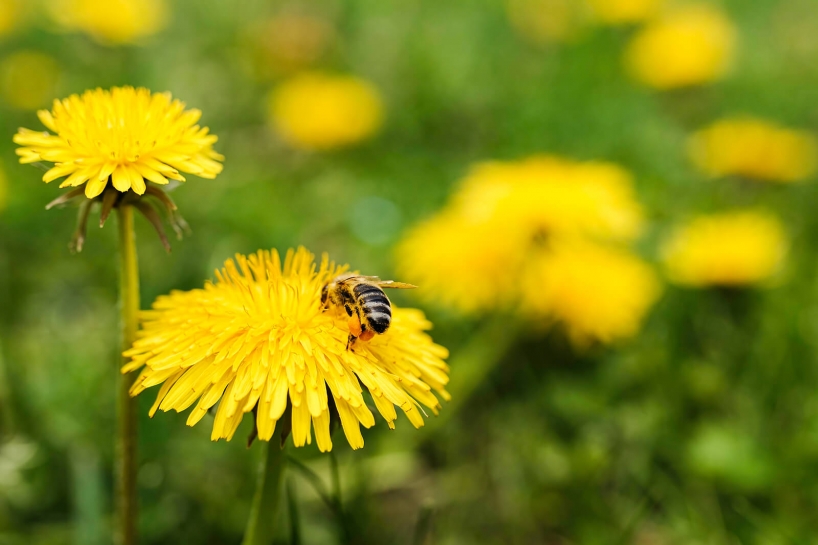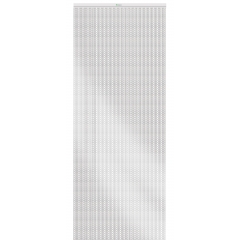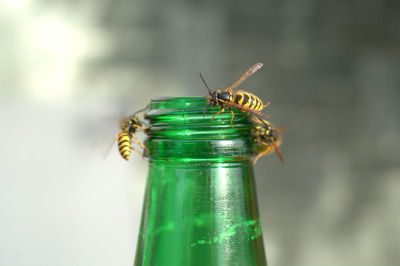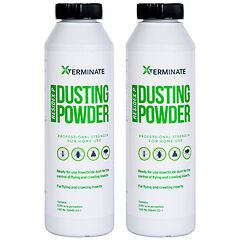
June 16th, 2022 by
Bugs have not lent their name to a term that means to annoy or irritate for nothing! Insect populations tend to escalate over the warmer months and represent the downside of summer for many people. Not only are pests like flies, wasps, and ants a nuisance, they can have more serious consequences such as spreading disease, stings and bites, and infestation in large numbers.
While they are part and parcel of summer, there are some things you can do to minimise numbers in your home, as well as deal with them if you do find they’re causing a problem.
Flies
Like many insects, fly populations increase in the summer as they breed faster. They lay their eggs in rotting meats, fruits, and vegetables and warm weather can create perfect conditions for this to happen. They are also attracted to these things as a food source, and often that’s what brings them into your home.
The best way to minimise fly numbers in your home, therefore, is to keep food waste to a minimum by cleaning up thoroughly and making sure fruit and vegetables are not allowed to start rotting in fruit bowls/veg racks etc (only buy what you are going to use or keep them in the fridge). A fly screen is also very effective for preventing the majority of them from getting in but remember of course that some will get in through open windows.
To deal with any that do come in, you can use a spray such as a Protector C Insect Killer Spray. Spray directly onto the flies themselves or use it as a surface spray as it will then kill any that come into contact with it (it’s safe for pets and humans).
Xterminate Silver Chain Curtain Fly Screen
Price: £59.99
Buy Now
Wasps
Wasp stings can be quite painful and, of course, they are very serious for anyone with an allergy to them so keeping them at bay is advisable. They tend to pose the biggest problem in late summer as that’s when the queen rejects the worker wasps from the nest, thus removing their food source. That’s when they come into houses looking for food.
You can minimise wasp numbers in the same ways as flies and, just like flies, it’s not a good idea to try and squash them – though with wasps it’s as much about avoiding being stung as it is about hygiene (they’re already angry and hungry so trying to swat them rarely ends well).
The big problem comes if you have a wasp nest on your property as you will find yourself confronted with large numbers and this can even make your garden unusable. To prevent this from happening in the first place, keep an eye on high places that are tucked away such as guttering and eaves, as this is where they like to build them. They start small in the spring and grow as the population grows so spotting them early makes them much easier to deal with. If you do find you have a fully formed nest, it’s probably wisest to call in an exterminator as trying to remove it yourself carries a high risk of being stung multiple times.

Ants
While ants don’t sting or carry diseases, they are still annoying and very persistent. They, too, come in seeking food but once they have found a source will lay a pheromone trail to allow them to return time after time. Killing random ones that you see won’t make a difference as others will follow the scent and keep on coming.
To get rid on an ant infestation, you really need to kill the queen, but she stays hidden away in the nest, so you’ll never see her. Ant bait stations work around this issue by containing a food-like substance that is poisonous to ants. Worker ants will take this back to the nest where it will be consumed by the queen and others, thus killing the colony. Use dusting powder to kill off any rogue ones that remain.
Xterminate Dusting Insect Killer Powder 400g Twin Pack
Price: £19.99
Buy Now
Comments
Leave a reply
Your e-mail address will not be published. All fields are required


